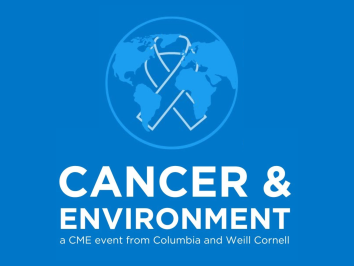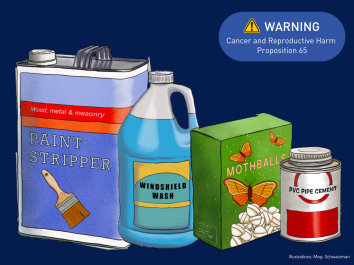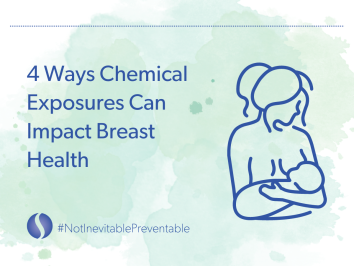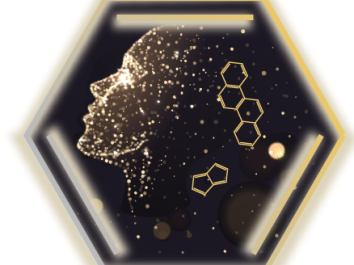Columbia University hosts second Cancer and Environment Forum
Major cancer centers host a one-day series on the state of the science and the role physicians, nurses, community leaders, and public health practitioners play in engaging on environmental chemicals and cancer risk reduction.





